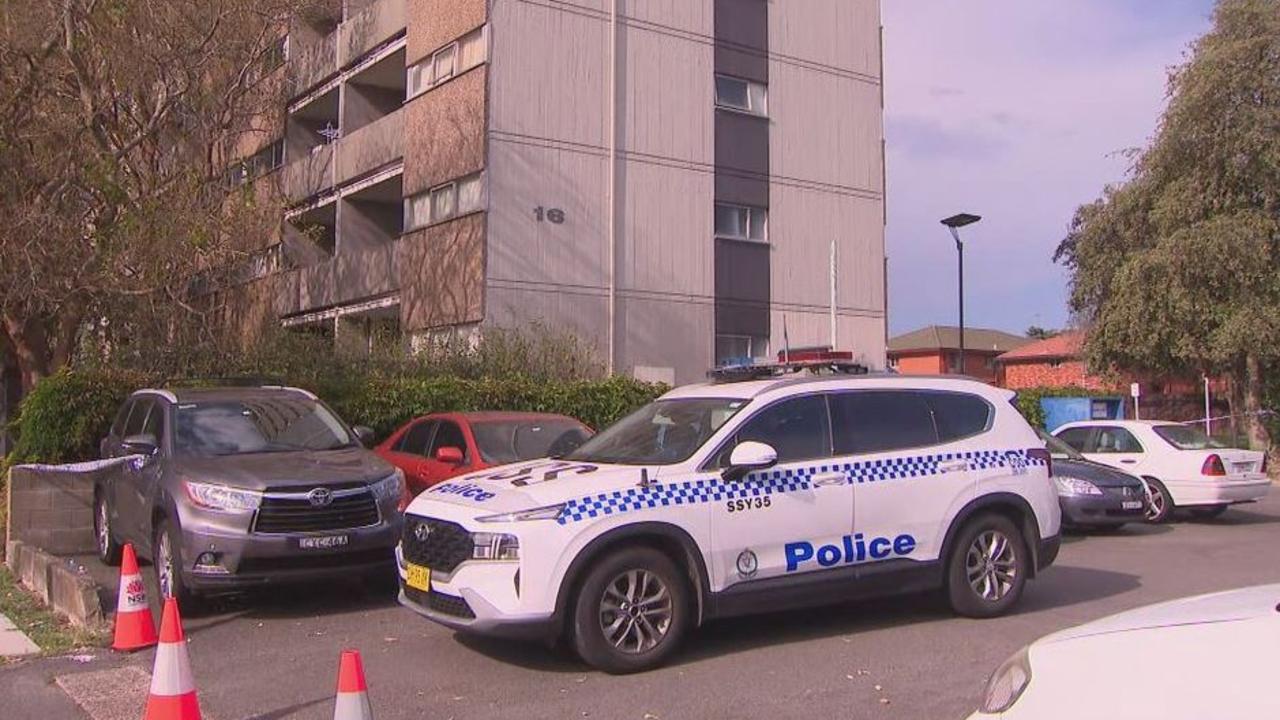Australia to acquire nuclear submarines in new UK, US security deal
Australia will upgrade its long-range strike capability and acquire nuclear-powered submarines as part of a new trilateral security pact with the US and UK.

National
Don't miss out on the headlines from National. Followed categories will be added to My News.
Australia will acquire nuclear-powered submarines and boost its long-range strike capability amid an increasingly “complex” Indo-Pacific region.
The defence upgrade is part of a new alliance between the UK and US, dubbed AUKUS, which the Prime Minister Scott Morrison announced on Thursday.
Mr Morrison said the “relatively benign environment” Australia had enjoyed for many decades was over.
He said Australia had entered a “new era”, which meant the nation, it’s partners and countries across the region faced “new challenges”.
“This forever partnership that we have announced today is the single greatest initiative to achieve these goals since the ANZUS Alliance itself,” Mr Morrison said.
“It is the single largest step we have been able to take to advance our defence capabilities in this country, not just at this point but for the future.”
The security pact means Australia will acquire nuclear-powered submarines — which the Mr Morrison said would not carry nuclear weapons — and the nation’s long-range strike capability would also be upgraded.
Mr Morrison said this would include “hawk and tomahawk cruise missiles and extended missile range”.
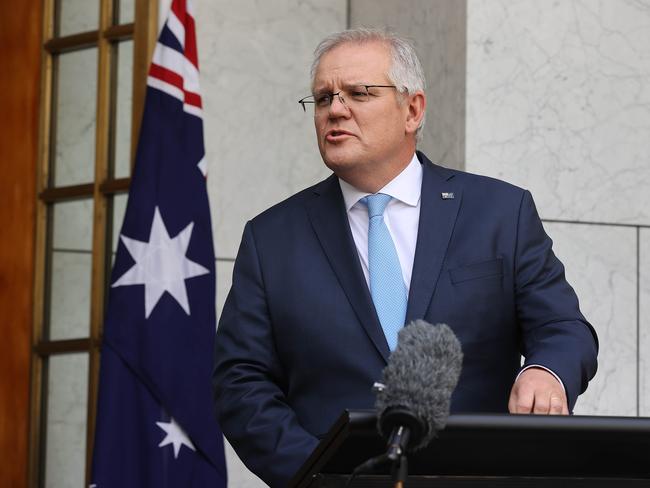
Mr Morrison said the program to extend the life of Australia’s Collins Class submarine fleet would continue, and confirmed the $90 billion plan to build attack class submarines would no longer go ahead.
“As noted we will not be continuing with the attack class submarine program and have advised Naval Group and the government of France and President Macron of that decision,” he said.
In a statement, Naval Group said it was a “major disappointment”.
The company said it took note of the government’s decision to partner with the US and UK to acquire a nuclear submarine fleet.
“For five years, Naval Group teams, both in France and in Australia, as well as our partners, have given their best and Naval Group has delivered on all its commitments,” a statement read.
“This is a major disappointment for Naval Group, which was offering Australia a regionally superior conventional submarine with exceptional performances.
“Naval Group was also offering Australia a sovereign submarine capability making unrivalled commitments in terms of technology transfer, jobs and local content.
“The analysis of the consequences of this sovereign Australian decision will be conducted with the Commonwealth of Australia in the coming days.
ADF chief Angus Campbell said Australia’s strategic environment “has deteriorated.”
“That challenging environment is becoming more challenging and is set to do so into the future at an accelerated pace,” Mr Campbell said.
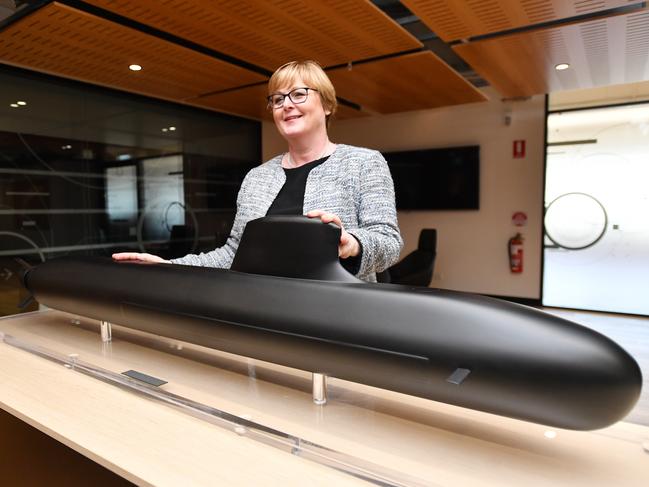
The Australian Conservation Foundation slammed the announcement, saying nuclear-powered submarines pose “specific environmental and security concerns to Australian ports, shipyards and seas”.
ACF campaigner Dave Sweeney welcomed the Prime Minister’s statements that the new deal did not signal a move toward the domestic use of nuclear power, but warned there were unanswered questions about what the arrangement meant for the disposal of nuclear waste.
Currently, Australia has no facility for the disposal of high-grade nuclear waste. A site in Kimba, South Australia, handles low-grade-waste and is permitted to store intermediate-grade waste on a temporary basis.
Mr Sweeney said there were many aspects of the plan that required more detail and debate.
The money spent on the submarines “could be spent on things that really make Australians more secure”, including clean energy and resilience to climate change, Mr Sweeney said.
Earlier on Thursday, Mr Morrison appeared alongside UK Prime Minister Boris Johnson and US President who were beamed in via video link to announced the new pact.
He said the world, and in particular the Indo-Pacific region, was “becoming more complex”.
“The future of the Indo-Pacific will impact all our futures,” Mr Morrison said.
“To meet these challenges, to help deliver the security and stability our region needs, we must now take our partnership to a new level.”
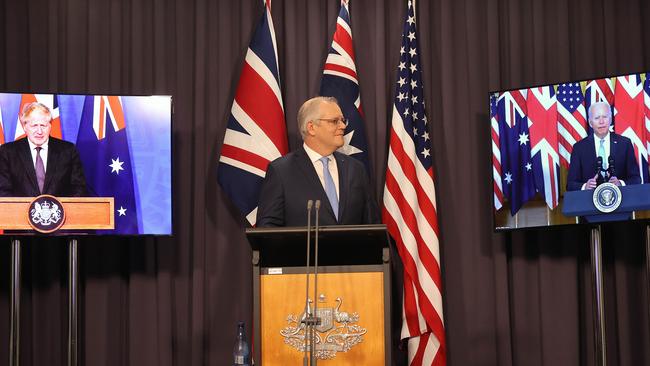
Mr Johnson said the first task of the partnership would be to help Australia acquire the new submarine fleet, which is intended to be built in Adelaide.
He described it as one of the “most complex and technically demanding projects in the world”.
He said it was a “momentous decision for any nation to acquire this formidable capability”.
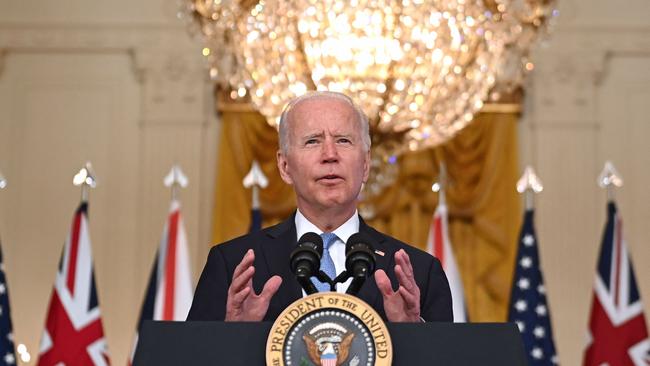
Mr Biden said “the future of … the world” depended on a “free and open Indo-Pacific”.
“This initiative is about ensuring that each of us had as a modern capability, the most modern capabilities to defend against rapid threats,” Mr Biden said.
“AUKUS will bring together our sailors, our scientists and our industries to maintain and expand our edge in military capabilities and critical technologies such as cyber and artificial technology, quantum technologies and undersea domains.”
The announcement is expected to be met with retaliation by China, who are likely to see it as an attack on their regional influence.
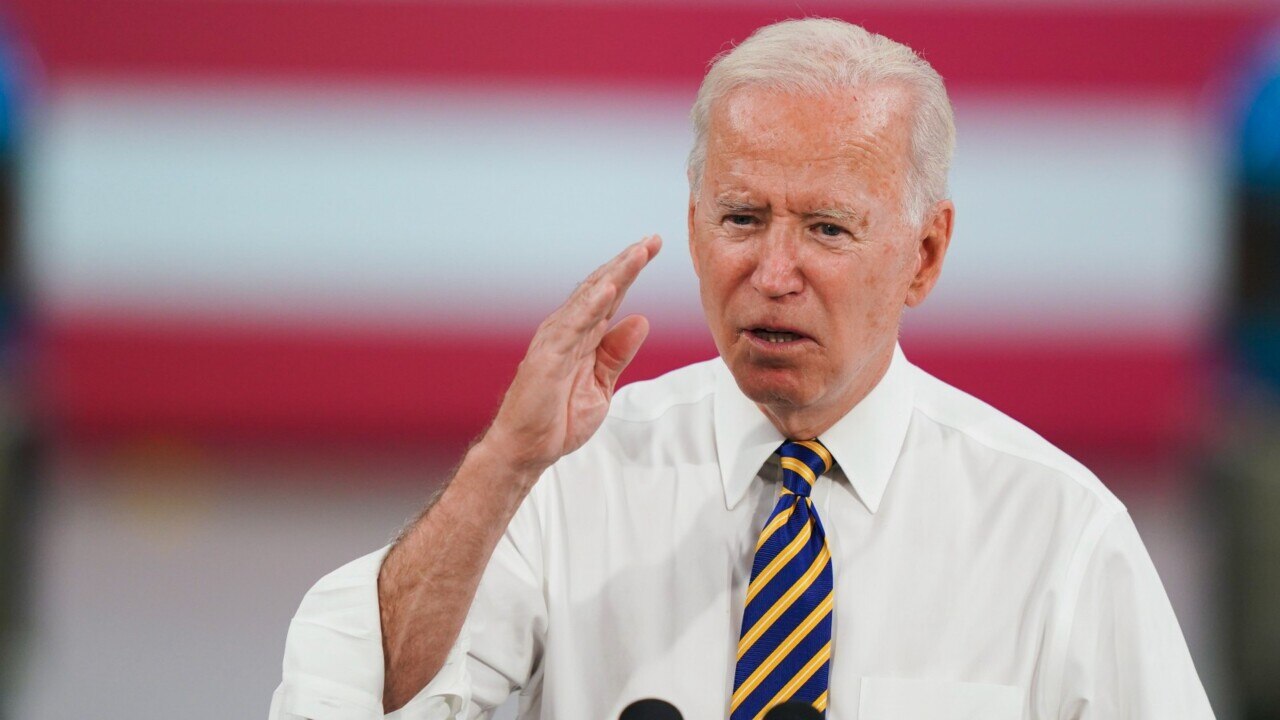
The Electrical Trades Union has blasted the move to nuclear submarines saying engineering, manufacturing and construction jobs were at risk.
ETU national assistant secretary Michael Wright said the decision had also not been subject to appropriate scrutiny.
“After completely bungling the Naval Group submarines deal, the Commonwealth government expects us to believe it can be trusted to negotiate and manage the delivery of nuclear submarines. This is preposterous,” Mr Wright said.
“This decision represents a betrayal of responsibility to Australia’s non-nuclear policy and a betrayal of two generations of highly-skilled, secure, well-paying Australian shipbuilding jobs
Mr Morrison will travel to Washington on Monday for the first in-person meeting of the Quad alliance, which includes Australia, the US, Japan and India, as well as his first one-on-one with Mr Biden.
Mr Johnson is also expected to travel to the US in coming days to meet with Mr Biden.
The Biden administration said the Quad summit would focus on issues including “combating Covid-19, addressing the climate crisis, partnering on emerging technologies and cyberspace, and promoting a free and open Indo-Pacific”.
The Morrison government has been pushing for advanced defence co-operation with the US, including providing greater access to its missile technology.
More Coverage
Originally published as Australia to acquire nuclear submarines in new UK, US security deal
Read related topics:AUKUS



